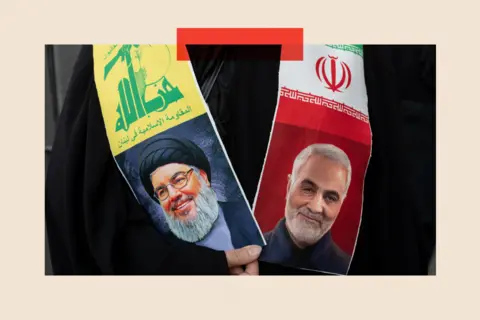Analysis of Netanyahu's military strategy amidst ongoing conflict
In an article BBC provides a detailed analysis of Prime Minister Benjamin Netanyahu's military strategy amidst ongoing conflict, particularly highlighting Israel's recent ground invasion of Lebanon and the broader implications for Israeli security policy.
The article situates Netanyahu’s actions within a complex geopolitical landscape, marked by a two-year war and heightened tensions following significant attacks, such as the one on October 7, which is characterized as a critical turning point for Israeli security.
Historically, Netanyahu has exhibited caution in engaging directly with Iranian interests, as seen in the US-led assassination of Qassem Soleimani in 2020. However, recent military decisions, including targeted bombings in Syria and Lebanon, suggest a shift towards a more aggressive posture.

The piece notes Netanyahu's willingness to defy international calls for restraint. It emphasizes a perceived ability to withstand US pressure, especially in an election year when US intervention is less likely, suggesting a strategic calculation that prioritizes domestic political dynamics over international diplomacy.
The changing attitudes among the Israeli public toward threats, particularly from Hezbollah, are highlighted. The article argues that recent experiences have shifted the Israeli public’s tolerance for risk, prompting a more assertive military approach that disregards previously established red lines.
The analysis concludes that Netanyahu's future moves are likely to be characterized by a greater willingness to act decisively, reflecting confidence in Israel's military capabilities and a belief that international scrutiny will not significantly alter his strategy.
Overall, the article offers a nuanced view of Netanyahu's military approach, linking it to broader themes of security, domestic politics, and international relations, while also considering the psychological impact of recent conflicts on Israeli society.








